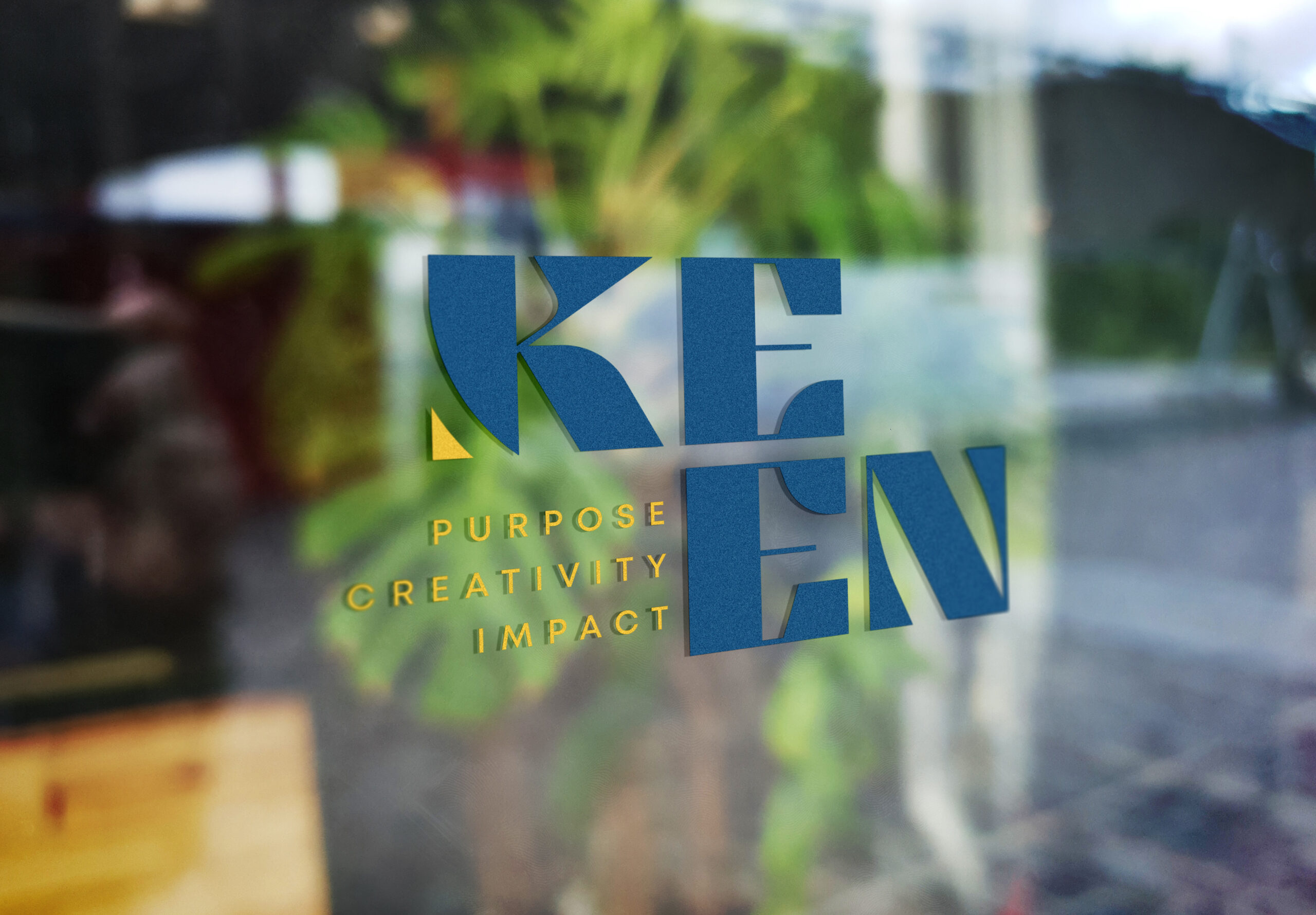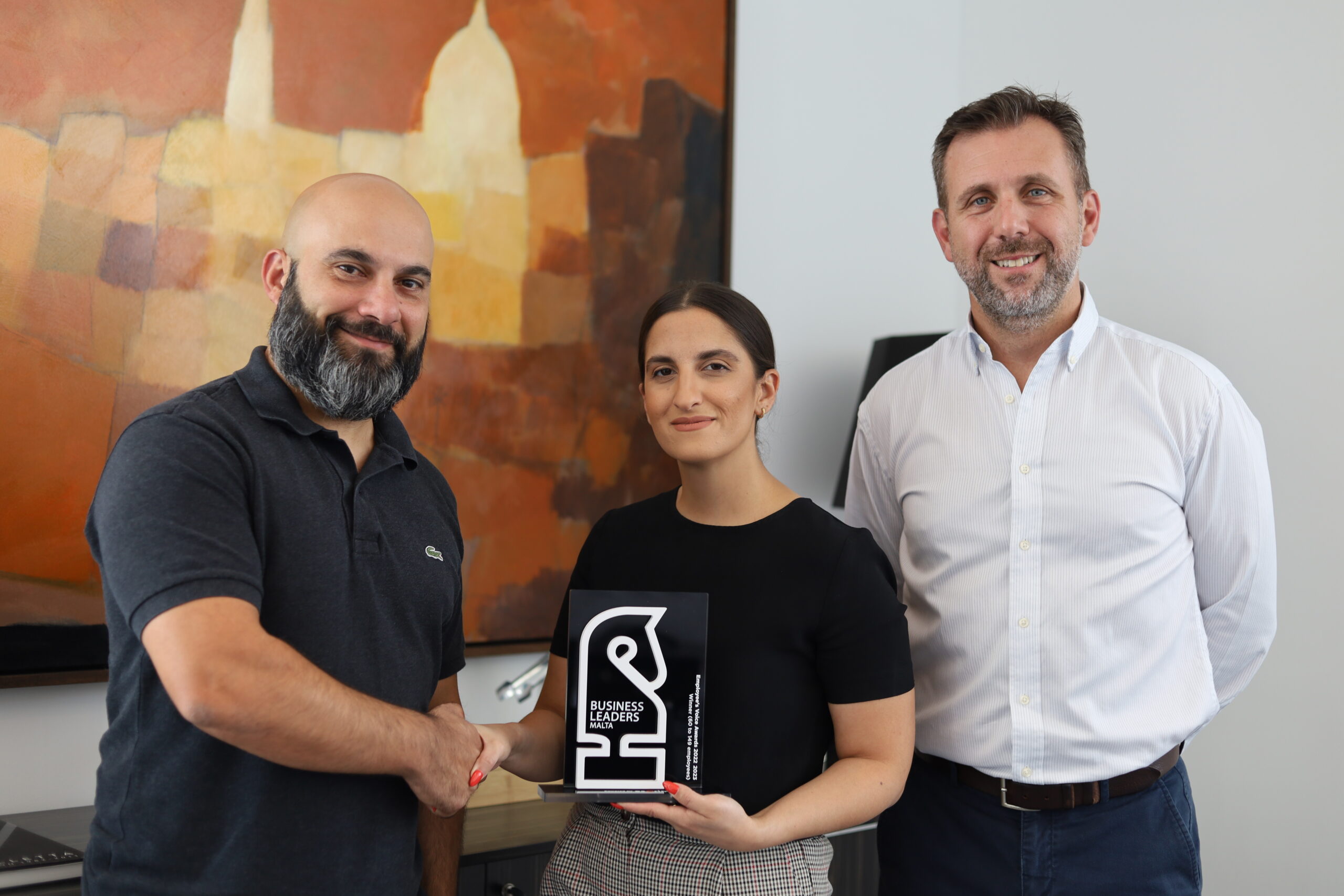

Meet Good Game Ltd, the iGaming company that’s making the most of its time.
What’s in a day? It’s a question that Toni Halonen, CEO of iGaming company Good Game Ltd put a lot of thought into when starting to employ people in 2016.
Originally, the 35-year-old from Finland moved to Malta to become a professional poker player with his cousin Ville Sissonen, but instead the pair took a different kind of gamble and launched a business.
The men wanted to recruit the best, but knew they’d struggle to stand out among the other hundreds of gaming companies operating on the island.
So they decided to offer employees a six-hour working day.
“It’s been very successful for us,” Toni says. “Last year we sold two of our biggest websites in Finland, with one selling for €15 million.”
But where did they come up with the idea of the shorter working day?
“When we were building the business, we asked ourselves what kind of company we would like to work for. We’d done content writing jobs in the past and know that doing it for eight hours can be very tedious. We’d heard that some companies in Sweden have had good results, so we said we would try it.”
Good Game is now building its first non-Finnish website, Bojoko – which in fact, is Spanish for “good game” – which works as a marketplace for UK-licensed online casinos.
It now employs 12 people at its office in Gzira, in a relaxed environment where staff can pad around in slippers and lounge in swinging rattan chairs. It’s all very Scandinavian!
“Retention has been very good which has saved me a lot of time on recruiting and training new people,” Toni says as we sit in the sun-drenched whiteness of the company terrace. “Our shorter work day has also become our brand and it has people in the industry talking. I ask my staff to come to work anytime between 8am and noon, but ultimately, it’s up to them. The extra time gives them a chance to do more of what they like.”
Front-end programmer Esa Holla agrees. The 28-year-old moved here from Finland two years ago after he was contacted by Toni. “I had to look up where Malta was on a map, but as soon as I saw all the sunshine it gets, I was sold.”
“I usually come in around nine or ten o’clock, but some days if I’m tired I’ll come in later. It’s a flexible six hours, so if I feel tired in the middle of the day, I’ll go home and take a nap and continue working from home once I wake up. Sometimes I work longer than six hours and work a shorter day the day after. I’ve used my extra hours to start my own company with a friend. I have more energy and the quality of my work is better. I used to work a standard eight-hour day and I think most people spend the extra two hours just talking nonsense with their co-workers or drinking coffee. It would take a lot for me to leave. I’ve already been offered other jobs for more money in places like the UK, but I’m not interested.”
His colleague, art director Ilkka Tauriainen, 35 also enjoys the company’s flexibility. “I’m usually one of the first people into the office in the morning. I work a straight six or seven hours through if I take a break and then go home. I use my extra hours to play online with my friends, watch TV or just chill. We get 26 holidays a year and we can also work during the public holidays if we want to get that time back or use it on another date.”
But Toni admits there is one negative.
“There is one component that is missing from a six-hour work day and that’s enough time for face-to-face interaction, or just brainstorming. We do have short meetings, but we don’t really have time to just chat and be creative in that way.”
So as someone who moved to Malta initially to be a professional poker player, would Toni encourage other CEOs to gamble on a six-hour working day?
“I have mixed feelings about other companies doing it, as it makes us stand out and be competitive within the market,” Toni admits. “But I would like to see a change in the industry so that more people can benefit.”
“I don’t think a big company would to it because they might be too scared to make such a big change, but it’s definitely something a start-up like us could try from the beginning.”
“While I can’t compare if it’s made a difference to our bottom line because we have never worked an eight-hour day, I do know that some companies have made the switch from eight-hour days to six-hour days and been successful!”
...
...



...

...